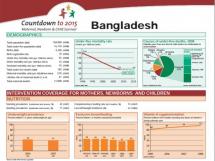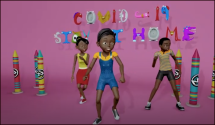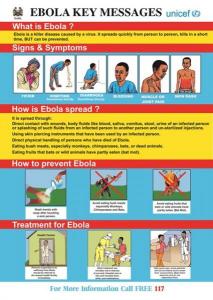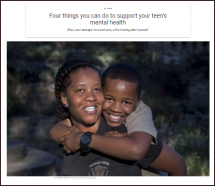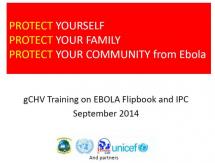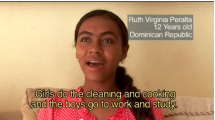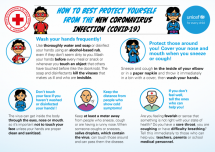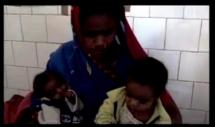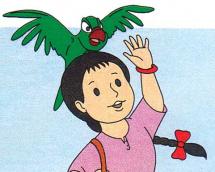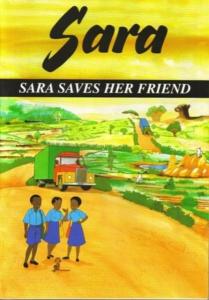Countdown to 2015 Bangladesh [Website]
This document is an example of one of the data visualizations available from UNICEF’s website www.childinfo.org, which contains UNICEF’s statistical information, including data used in UNICEF’s flagship publications, The State of the World’s Children and Progress for Children.
For many of the countries listed on the site, the user can review a data sheet for “Countdown to 2015.” This data sheet provides statistics about demographics, policies, interventions, and other aspects affecting health issues.
Source: UNICEF
Date of Publication: September 30, 2021
SIMILIAR RESOURCES
Tools
Examples
- Religious Leaders Play Key Role in Battle against COVID-19
- Compassion in a Time of COVID-19
- A Guide to WHO’s Guidance on COVID-19
- Guidance for Including People with Disabilities in Response to the COVID-19 Pandemic
- Practical Guidance for Risk Communication and Community Engagement (RCCE) for Refugees, Internally Displaced Persons (IDPs), Migrants, and Host Communities Particularly Vulnerable to COVID-19 Pandemic
- Coronavirus Pandemic: Tracking the Global Outbreak
- Early Estimates of the Indirect Effects of the COVID-19 Pandemic on Maternal and Child Mortality in Low-income and Middle-income Countries: a Modelling Study
- Who Self-Cares Wins
- The Facilitation Primer
- Template for Stakeholder Engagement Plan

